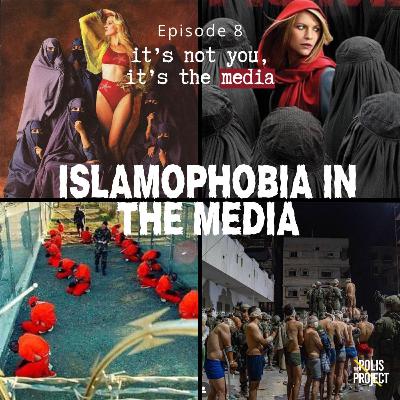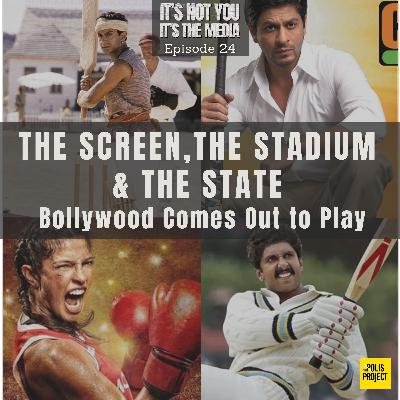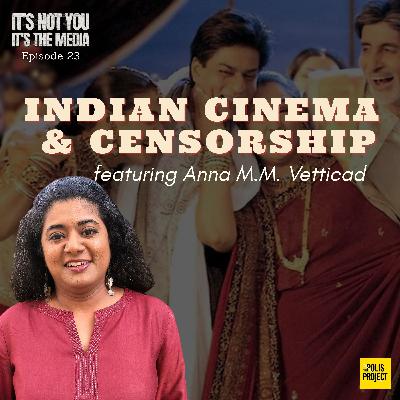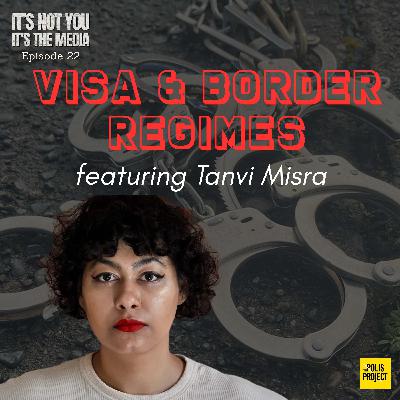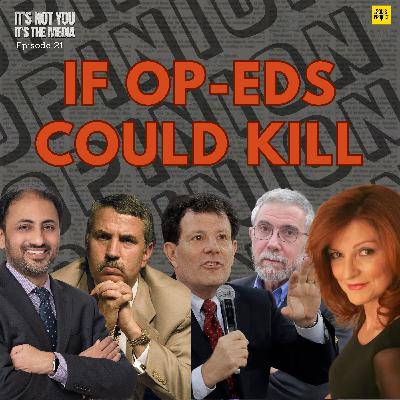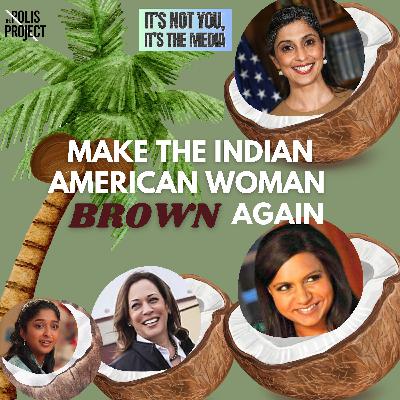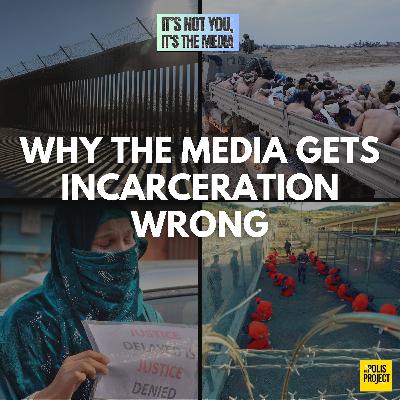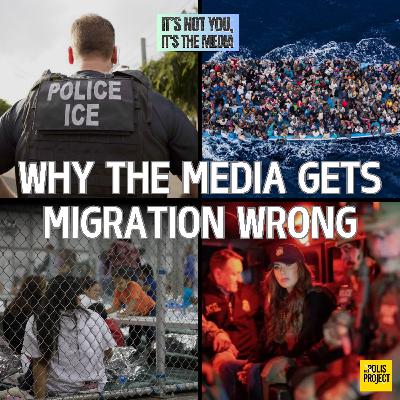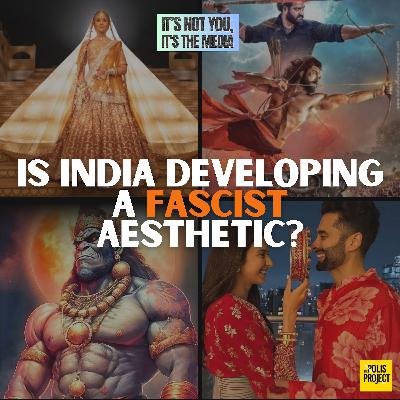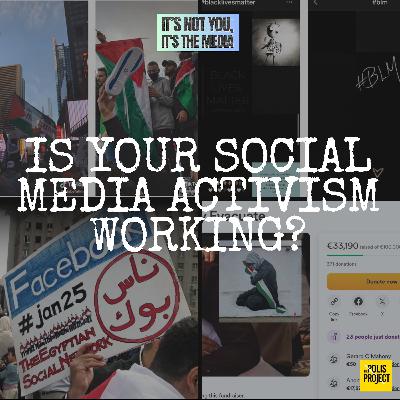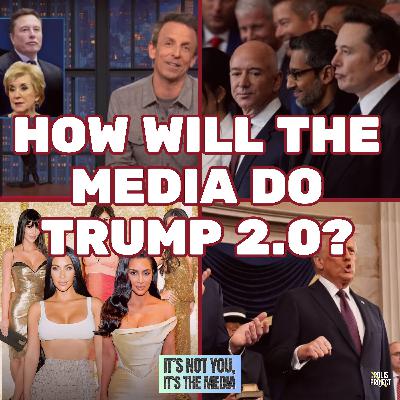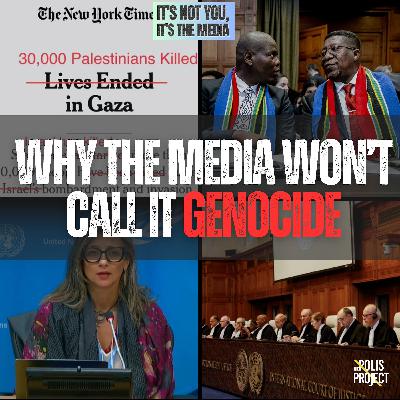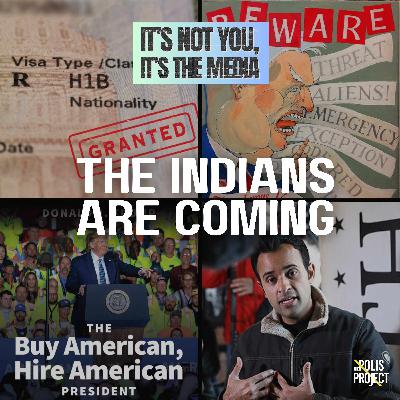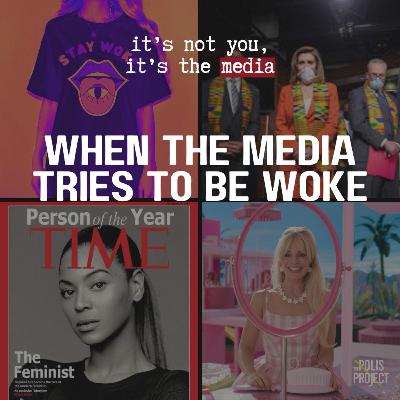Islamophobia in the Media
Description
Suchitra, Bhakti, and Madhuri embark on a detailed breakdown of Islamophobia, dissecting its historical roots, modern manifestations, and the critical role the media plays in perpetuating anti-Muslim sentiment. They examine how Islamophobia has evolved from colonial narratives into a sophisticated mechanism of systemic hatred, embedded in global power structures. The episode traces the etymology and history of the term “Islamophobia,” highlighting how it fails to capture the full extent of the deliberate dehumanization faced by Muslims worldwide. The hosts delve into the media’s complicity in spreading stereotypes, from conflating Muslim identities with terrorism to sensationalized portrayals of Muslim women as both oppressed and in need of saving. The discussion also emphasizes the intersectionality of Islamophobia, illustrating how it overlaps with racism, sexism, casteism, and imperialism to create a multi-layered system of discrimination. The hosts describe the ways in which Islamophobia is normalized in diverse contexts – from the United States’ post-9/11 policies to France’s secularism debates and India’s Hindu nationalist agenda.
Keywords: Islamophobia, media, terrorism, pop culture, politics, education, activism, Muslim communities, representation, stereotypes
Key Takeaways:
- Islamophobia has been prevalent for centuries, especially intensified by recent events in Palestine.
- The definition of Islamophobia is often misunderstood, leading to a lack of awareness about its manifestations. What is Islamophobia? What is its definition, the etymology, and its historical and cultural evolution?
- The term “Islamophobia” can seem too mild and does not capture its pernicious and violent effects.
- Media plays a significant role in shaping negative perceptions of Muslims and Islam, and structures its narratives around the term “phobia” and the deliberate, systemic hatred it represents.
- Terrorism is often misrepresented in the media, focusing on non-state actors while ignoring state-sponsored violence. Doing so, it conflates the identity of terrorism with the identity of Islam.
- Pop culture contributes to the normalization of Islamophobic narratives through films and television, such as the TV show Homeland and movies like Whiskey Tango Foxtrot.
- Media and political discourse often uses the narrative of saving Muslim women to justify military interventions.
- Islamophobia is not just a Western issue; it has global implications, affecting Muslim communities worldwide. Local political narratives feed into the global depiction of Islam and anti-Muslim hate.
- Education about Islamophobia and “unlearning” these coded messages is crucial, however, the effort required starts from the personal and familial levels.
- Activism and organizing against Islamophobia are essential for creating change.
A podcast by The Polis Project https://www.thepolisproject.com/
References:
- Do Muslim Women Need Saving? by Lila Abu-Lughod https://ideas.time.com/2013/11/01/do-muslim-women-need-saving/
- On Edward Said’s Orientalism https://theconversation.com/orientalism-edward-saids-groundbreaking-book-explained-197429
- Is Islam the only way to talk about Christian fundamentalism? by Hafsa Kanjwal https://www.aljazeera.com/opinions/2018/6/26/is-islam-the-only-way-to-talk-about-christian-fundamentalism
- The Ghosts of Bagram by Asim Rafiqui https://www.warscapes.com/reportage/ghosts-bagram
- Holding America Accountable by Bhakti Shringarpure and Flavio Rizzo https://www.huffpost.com/entry/holding-america-hostage_b_2647529
- Fear Inc, The Roots of the Islamophobia Network in America: Introduction and Summary https://cdn.americanprogress.org/wp-content/uploads/issues/2011/08/pdf/islamophobia_intro.pdf
- Media portrayals of Muslims: comparative sentiment analysis of American newspapers, 1996–2015 by Erik Bleich & A. Maurits van der Veen https://doi.org/10.1080/21565503.2018.1531770
- ‘Seen as less human’: Why has Islamophobia surged amid Israel’s Gaza war? by Indlieb Farazi Saber https://www.aljazeera.com/news/2023/12/21/seen-as-less-human-why-has-islamophobia-surged-amid-israels-gaza-war
- Islamophobia After 9/11: How a fear mongering fringe movement exploited the terror attacks to gain political power by The Southern Poverty Law Center https://www.splcenter.org/news/2021/09/17/islamophobia-after-911-how-fearmongering-fringe-movement-exploited-terror-attacks-gain?form=MG0AV3
- The shameful Islamophobia at the heart of Britain's press by Peter Oborne https://www.independent.co.uk/news/media/the-shameful-islamophobia-at-the-heart-of-britain-s-press-861096.html

